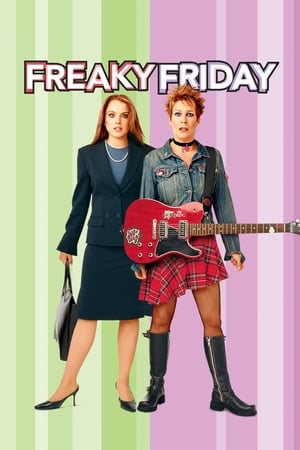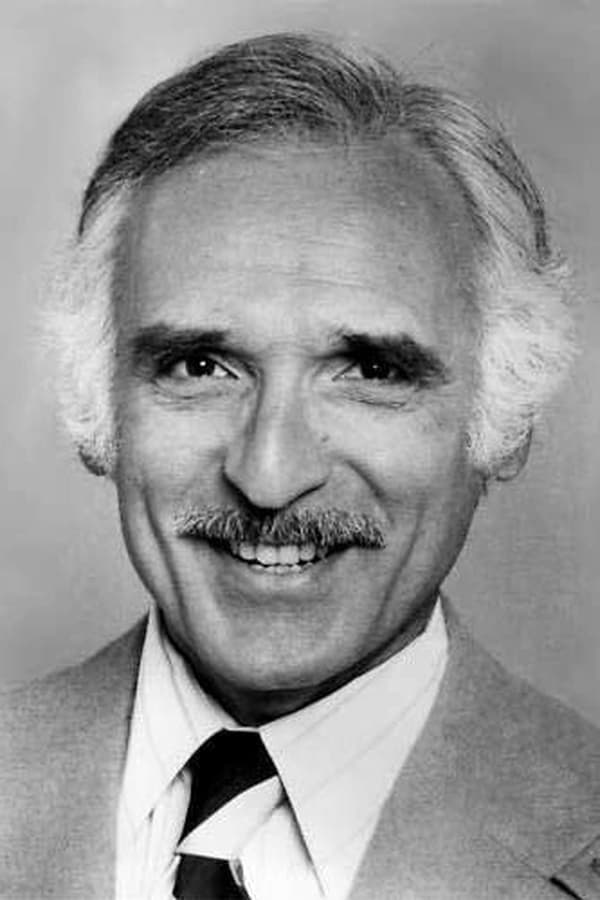Incluvie Foundation Gala - Learn More



Freaky Friday (2003)


Incluvie Related Articles
The Transformative Powers of Monstrosity – A List Of Body Horror Films With Trans Allegories
November 1, 2023Allegory as a means of telling queer stories isn’t a new approach and for fairly obvious reasons. Until quite recently, explicit nuanced narratives on the LGBTQIA+ experience were difficult to bring to the big screen because historically, it was straight-up banned for decades, and then that got replaced by sparse and stereotypical representation that primarily either villainized queerness or used it for comic relief. So, the go-to mechanism was to subtly include hints of queerness into narratives that other queer people or those versed in reading cinematic texts could pick up on. From Hitchcock’s Rope whose homosexual themes Leon once explored for Incluvie, to the much less subtle nod to othered queerness in the What We Do in the Shadows film I have written about earlier, it has been an accepted norm, especially for queer creatives or even creatives who are allies of the community to include themes and narrative tropes which bear similarities with the common experience of many LGBTQIA+ people. From the experience of being ostracized to the internalized self-hatred born of conditioning in a cis heterosexual world, the experience of monsters like Frankenstein’s monster bear similarities to the queer experience. In fact, the problematic villainized representation of queers often occurred in horror films in the form of antagonists who were queer-coded or explicitly queer individuals like the transvestite Buffalo Bill in Silence of the Lambs.
But not only are some villainous representations being reclaimed, but many in the queer community also relate to the treatment of the monster even when interacting with monster stories that aren’t coded as queer. And in fact, the body horror genre holds a special place in the gender-questioning and transgender community. The experience of feeling trapped in a body that doesn’t seem to be one’s own, and the constant urge to mutilate oneself as a means of self-expression are themes commonly explored in body horror films where the body of the protagonists often even undergo physical transformation along with mutilation. Whether this was intentional or not, these narratives are being interpreted as allegories for the trans experience because non-cis individuals often find visibility in the portrayal of the characters’ relationships with their bodies which can be easily read as metaphorical if not direct, representations of body dysmorphia, a common consequence of gender dysphoria. So in the spirit of Halloween, the following is a list of body horror films that can be more easily interpreted as trans allegories.
Lindsay Lohan's Comeback in 'Falling for Christmas'
November 19, 2022Lindsay Lohan makes a big film comeback in Falling For Christmas, a 2022 Netflix holiday comedy movie that is centered around Ms. Sierra Belmont, a newly engaged and spoiled hotel heiress who finds herself in the care of a handsome, blue-collar lodge owner and his precocious daughter after getting total amnesia in a skiing accident. Many people who know Lindsay Lohan remember her as a former child star and teen idol, playing starring roles in Mean Girls, Freaky Friday, and The Parent Trap. Now that she's an adult, this holiday comedy marks her return to the big screen after over a decade. Lindsay's acting style, voice, and stunning good looks land her in the spotlight once again.
Lindsay Lohan singing the lyrics to "Jingle Bell Rock" is a noticeable easter egg. Her singing voice to the Jingle Bell Rock song is a reference to Cady Heron who sings the Jingle Bell Rock song in Mean Girls.
The outfit Sierra Belmont wears in the hotel lobby reflects her status as wealthy, as her father Beauregard Belmont (Jack Wagner) owns the hotel. Her outfit is an off-the-shoulder red strapless dress with lace sleeves, complete with gold hoop earrings and green heels. She dislikes her outfit getting ruined and has a spoiled attitude. Her character transformation from spoiled into sweet is similar to Poppy Moore from Wild Child.
The catalyst in Falling For Christmas is the skiing accident Sierra Belmont experiences at the top of a snow mountain in a danger zone. Tad, Sierra's boyfriend who soon becomes her fiance, proposes to her at the top of the mountain, but a strong snowstorm blows Sierra away. She suffers a minor concussion and has lost her memory; she doesn't remember anything prior to the skiing accident. Also, she doesn't remember who she is. The hospital staff and sheriff find no trace of her identity when she was in the accident.
Until Ms. Belmont discovers her identity, she passes herself off as Sarah. As Sarah, she meets a young girl named Avy (Olivia Perez) whose mother passed away two years ago. Sarah tries to adapt to her surroundings but finds that doing daily chores isn't easy for her since she's used to having everything done for her by hotel security and staff. Though she doesn't remember her identity, she does remember her mother and acts like a motherly figure to Avy. Viewers see a softer side to Sarah's personality. Her character growth is shown when Sarah learns to do things herself.
Best Japanese Anime Films to Watch
May 19, 2021Directed by renowned filmmaker, Hayao Miyazaki, Spirited Away is about a girl named Chihiro (Rumi Hiiragi/Daveigh Chase) on a journey to rescue her parents who have been turned into pigs. Her family had mistakenly wandered into the spirit world, and it’s up for Chihiro to get them all out.
Despite being only 10 years old, Chihiro is a strong and well rounded protagonist. She does whatever it takes to save her parents, including working at a bathhouse run by a witch named Yubaba (Mari Natsuk, Suzanne Pleshette).
This is a beautifully animated film that not only won many awards, but won for Best Animated Feature at the 75th Academy. Funny enough, I actually didn’t like the film when I first saw it — I was eight and dumb. But years later, I gave the film another watch and it became one of my favorite films. Maybe I didn’t like it at first because it was just so strange and different compared to other films I’ve seen. It was the first foreign film I watched and it got me interested in Japanese animation.
Pictures and Videos

Movie Information
Mother and daughter bicker over everything -- what Anna wears, whom she likes and what she wants to do when she's older. In turn, Anna detests Tess's fiancé. When a magical fortune cookie switches their personalities, they each get a peek at how the other person feels, thinks and lives.
Cast

Mark Waters
Director

Mark Waters
Director

Lindsay Lohan
Anna Coleman

Jamie Lee Curtis
Tess Coleman

Harold Gould
Grandpa

Chad Michael Murray
Jake

Mark Harmon
Ryan

Stephen Tobolowsky
Mr. Bates

Christina Vidal
Maddie

Ryan Malgarini
Harry Coleman

Haley Hudson
Peg

Rosalind Chao
Pei-Pei

Lucille Soong
Pei-Pei's Mom
Articles You May Like
"20/20’s: Sole Survivor” is the Imperfectest True Crime Show to Fall Asleep To
True crime media is notoriously obsessed with the “missing white woman” trope, and yet the vast majority of American murder victims are male, and well over half are people of color.



